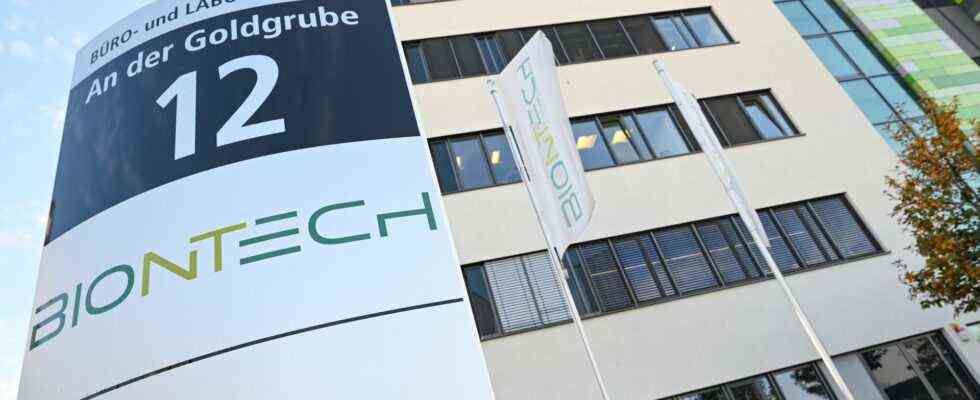As of: 07/27/2021 9:01 am
The Mainz vaccine manufacturer also wants to use its mRNA technology to develop a vaccine against the dangerous tropical disease malaria. The project is supported by the EU Commission and the WHO.
After BioNTech was the first company in the world to launch a vaccine against the corona virus, the Mainz-based company now wants to use its expertise in mRNA technology to develop a vaccine against the insidious malaria disease.
A clinical study will be launched by the end of 2022, said company boss Ugur Sahin at a joint press conference with EU Commission chief Ursula von der Leyen, the Gates Foundation and representatives of the World Health Organization. “The pandemic has shown that science and innovation can change people’s lives if everyone involved works towards a common goal,” said Sahin.
Turning point through mRNA?
Malaria is one of the most dangerous infectious diseases in the world: In 2019, the WHO registered 229 million diseases and more than 400,000 deaths, most of them children under the age of five. Researchers have been looking for a reliable vaccine for decades – but no drug has yet been approved. “The mRNA technology could mean a turning point,” said the President of the European Commission, Ursula von der Leyen. An mRNA vaccine contains the blueprint for part of the pathogen, so the body can build up protection against it. The abbreviation mRNA stands for messenger ribonucleic acid.
The exact amount of the investments in the malaria project, which is part of the “eradicateMalaria” initiative of the Kenup Foundation, has not yet been announced. BioNTech wants to finance the first phase of the development of its malaria vaccine candidate through its profits from Covid-19 vaccine production. The company plans to investigate several candidates for its project, the most promising of which will be brought into a clinical trial at the end of next year. The European Investment Bank (EIB) has already promised financial support, which has already provided BioNTech with loans in 2019 and 2020 – first for the development of cancer therapies, then for research on the Covid-19 vaccine.
Vaccine production in Africa
BioNTech wants to promote the development of mRNA vaccine production in Africa. The company recently won the South African Biovac as its first production partner for its corona vaccine in Africa. However, Biovac will only take over the last manufacturing step, i.e. filling and packaging, the active substance will come from Europe. BioNTech is now examining how it could set up mRNA production facilities for vaccines in Africa together with partners or alone. These should then be set up in the immediate vicinity of technology transfer centers, which the WHO is responsible for building and which should enable vaccine production in Africa. The continent still imports 99 percent of its vaccines.
There is currently no highly effective vaccine against malaria. The most advanced vaccine to date, Mosquirix, was developed by the British pharmaceutical company GlaxoSmithKline in decades of research and has been administered in a pilot project in Africa since 2019. However, it is only about 30 percent effective – at least 75 percent is the WHO target for a new vaccine.
BioNTech’s share continues to rise on the stock exchange. The stock has been driven to new highs for months by hopes for further sales and profits from vaccine development. The share is currently trading at around EUR 240, which means that its value has tripled within a year.

